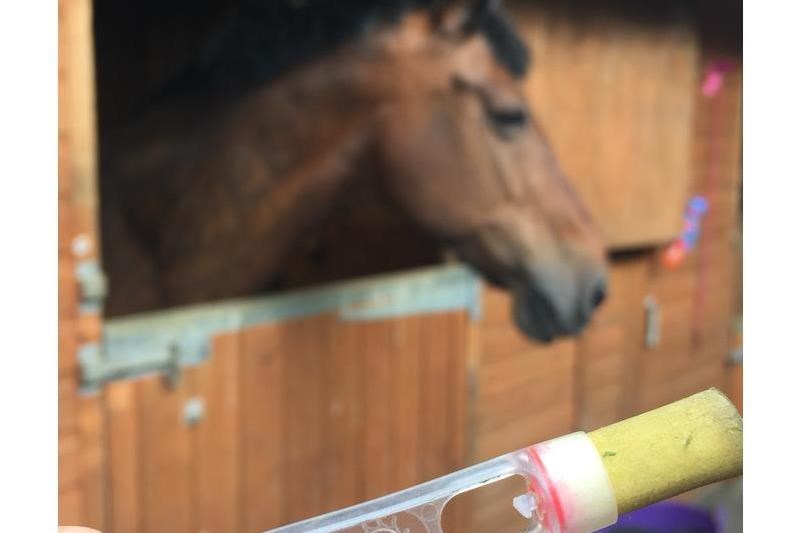Dr Corrine Austin from Austin Davis provides an essential guide to the importance of testing for worms. First published in Carriage Driving October 2018.
It is becoming increasingly important to test for the presence of tapeworms before worming. Here’s why:
Dos
Do test for tapeworm before using tapeworm wormers. Many worms, in particular the small redworms, are becoming resistant to available drugs, meaning that they are able to survive the effects of the drug. Although resistance has yet to be reported for tapeworm, when drugs are used on a routine and uninformed basis, resistance is inevitable and it will become impossible to control tapeworms in horses.
Do use blood or saliva testing. Tapeworm infections cannot be reliably detected using standard worm egg counts (WEC).
Do save drug use for confirmed infections where there is a real threat to horse health. Research has shown that a targeted worm control programme using our tapeworm saliva test controlled tapeworm infections and reduced the use of tapeworm wormers at Bransby Horses. The published study reports the findings from 237 horses tested over the course of a year.* Testing with this tapeworm saliva test and only worming horses with a diagnosed infection reduced the use of tapeworm wormers by 86% compared to six monthly routine worming strategies.
Do test all horses in a herd and only treat those with an infection. Some horses are more prone to infection meaning that a few horses will carry a higher level of infection. It is important to ensure the infected horses are wormed appropriately to avoid continuous paddock contamination and ongoing tapeworm life cycle which can be difficult to eliminate.
Do use the drugs praziquantel and double dose pyrantel to worm for tapeworm when required. These are the only drugs available for treating tapeworm and their use is only necessary if your horse has a tapeworm infection.
Don’ts
Don’t routinely treat for tapeworm without proof of infection. Many horses simply don’t need treatment for tapeworm – only a quarter of horses tested with saliva testing to date have had tapeworm infections requiring treatment. If your horse is diagnosed as low, continue to monitor every six months and only treat if they become infected.
Don’t assume your paddock management and worm control programme are effective. Paddock management and worm control programmes go hand in hand to effectively manage tapeworm infections in horses and the only way you can find out if your management is effective is to test your horse using a blood or saliva test. If there is an infection, it may be necessary to alter management.
Don’t leave tapeworm control to chance – carry out routine testing, not routine worming. Tapeworms attach to the caecum and to a small region of the intestines called the ileocaecal junction. This localised attachment causes damage to the intestines and the presence of large numbers of tapeworms cause intestinal obstruction and clinical disease, resulting in colic.
For more information, visit www.equisal.com or contact enquiries@equisal.com
*Lightbody, K. L. et al (2017) Equine Vet J. DOI: 10.1111/evj.12742
First published in Carriage Driving October 2018.
